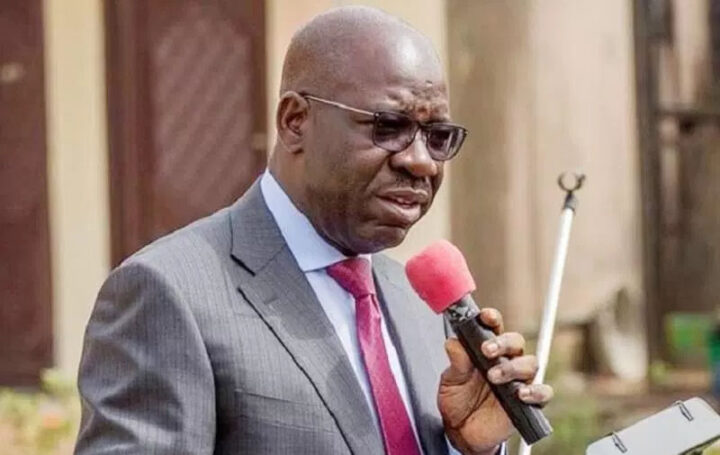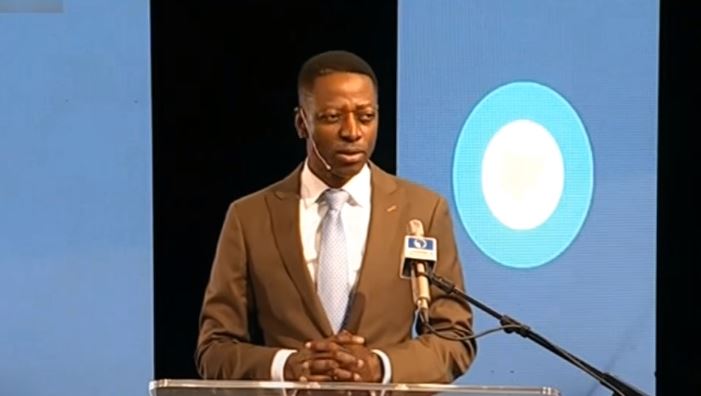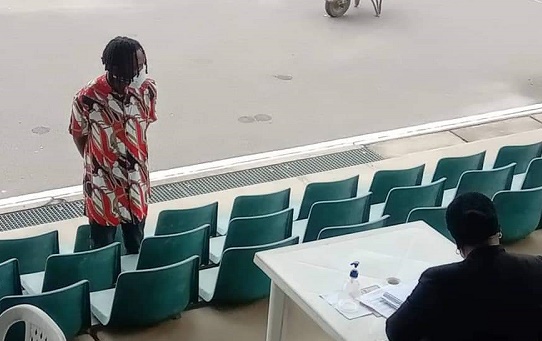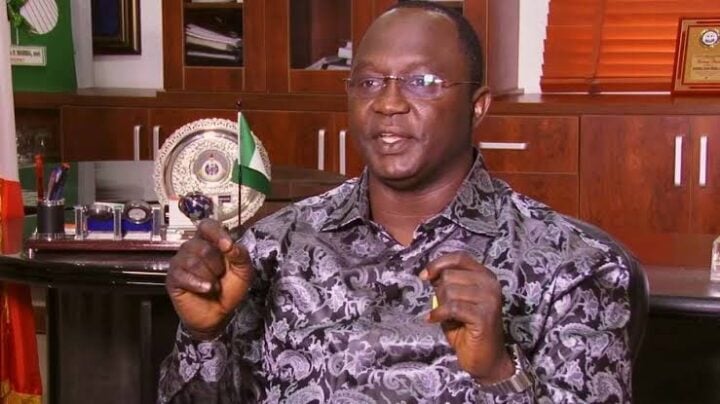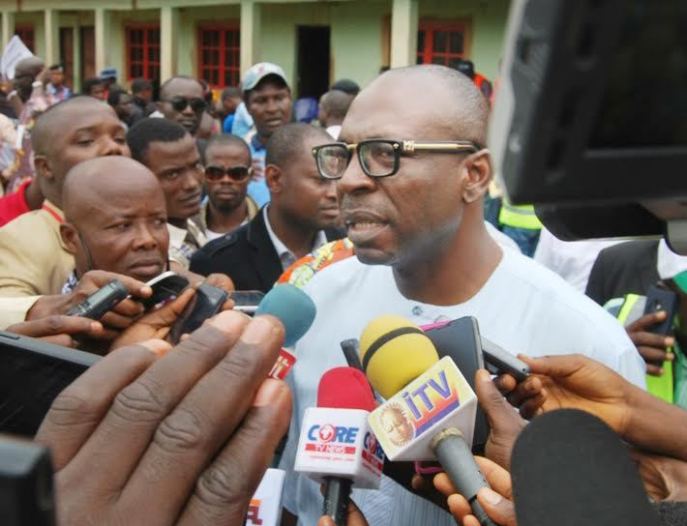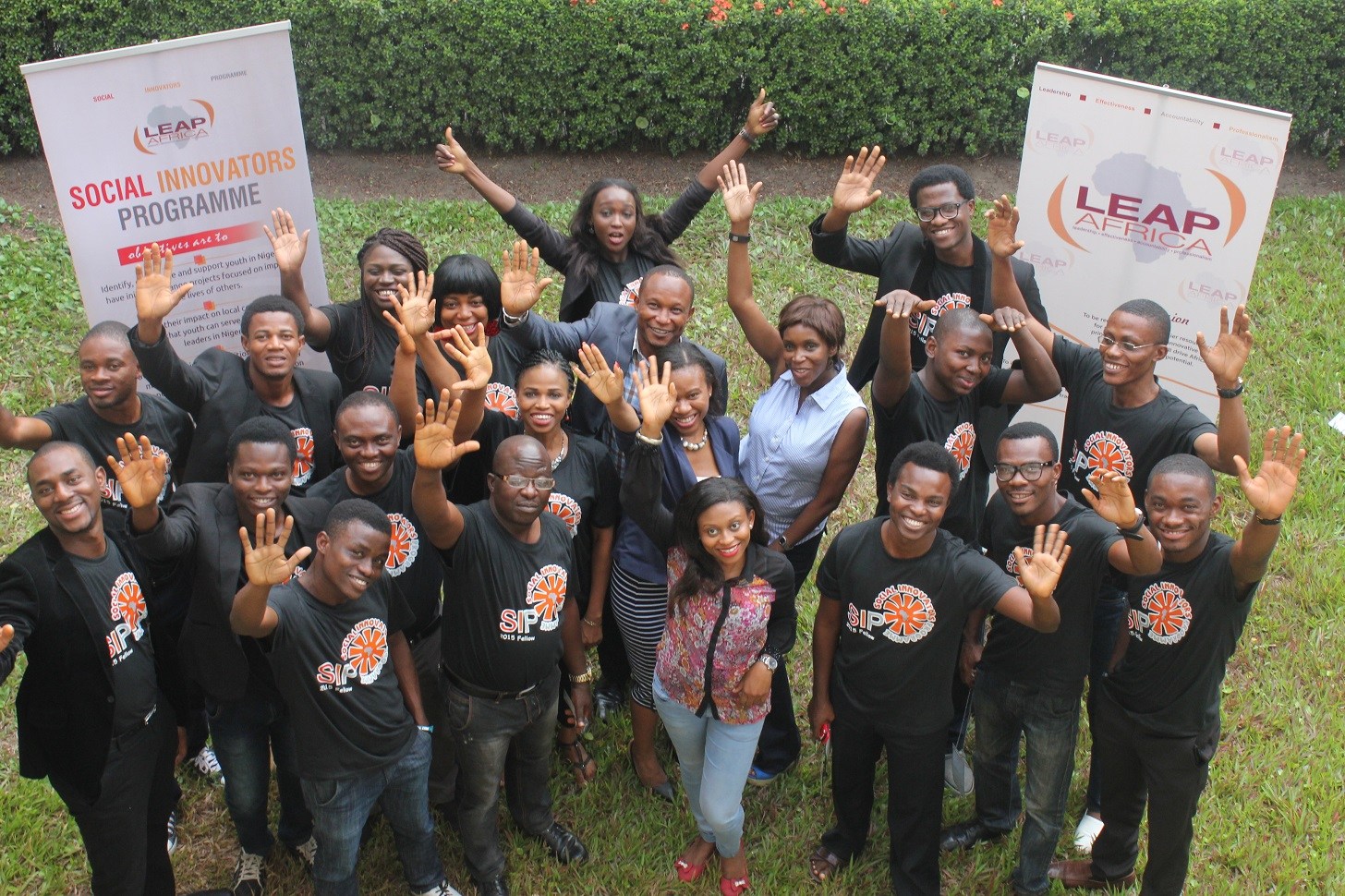Nothing looked unusual that Tuesday morning at the Stella Obasanjo Hospital housing COVID-19 patients in Edo state. Right from the gate, through to the reception, workers in the hospital attended generally to people like the pandemic was no big deal.
While non-authorised persons are not allowed entry, the 300-bed capacity isolation centre just by the hospital complex appeared to be well constructed and maintained.
Godwin Obaseki, governor of Edo state, had boasted that it would be one of the best isolation centres in the country.
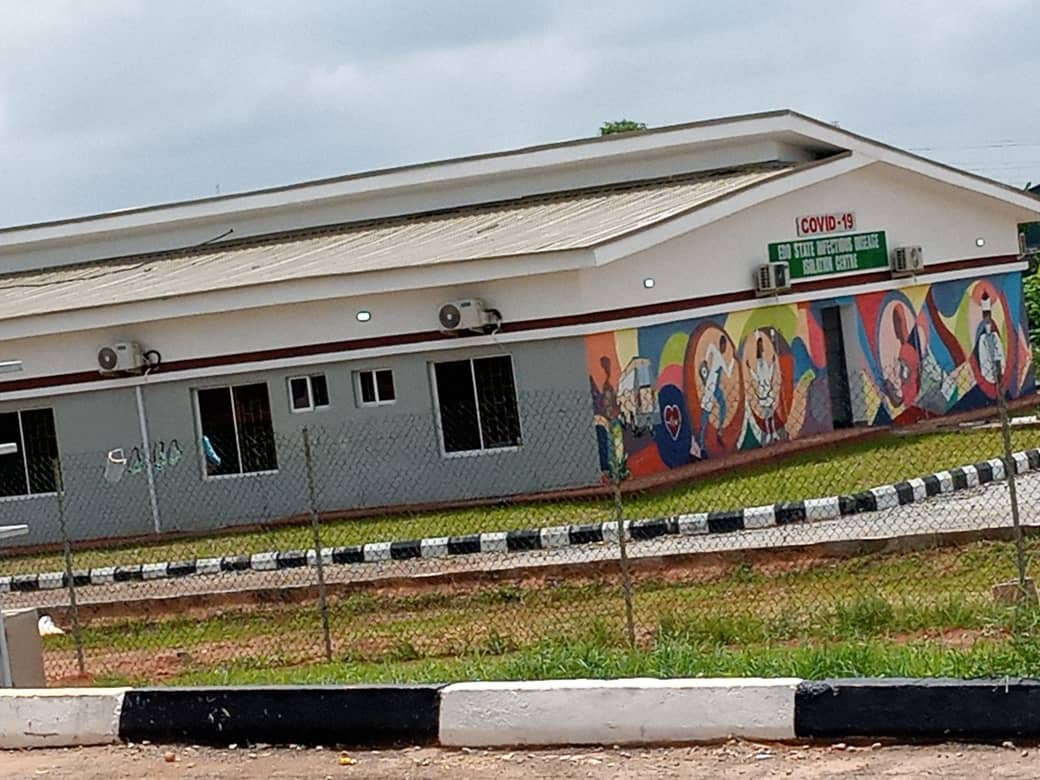
“It is well-structured with input from some of the best professionals in terms of infectious disease management in Nigeria,” he had said.
Advertisement
What would get one worried, however, was how people who had come with different medical matters were made to all wait in one room in the hospital, and it was almost a cluster that would easily aid the spread of the virus.
For Esther, a middle-aged woman, her worry was that she might have contracted the virus as she battled with fever and had come to the hospital for COVID-19 test. Sitting close to her was another man who was at the hospital to treat a leg injury. The moment the man found out that Esther was in for COVID-19 test, he would quickly adjust, pulling the face mask from below his chin to cover his nose.
“But I’m yet to get tested,” Esther remarked, jokingly.
Advertisement
As more people made their way into the hospital, they were simply asked to wait in the same place and no provision was made to separate those who had come for COVID-19 test from others.
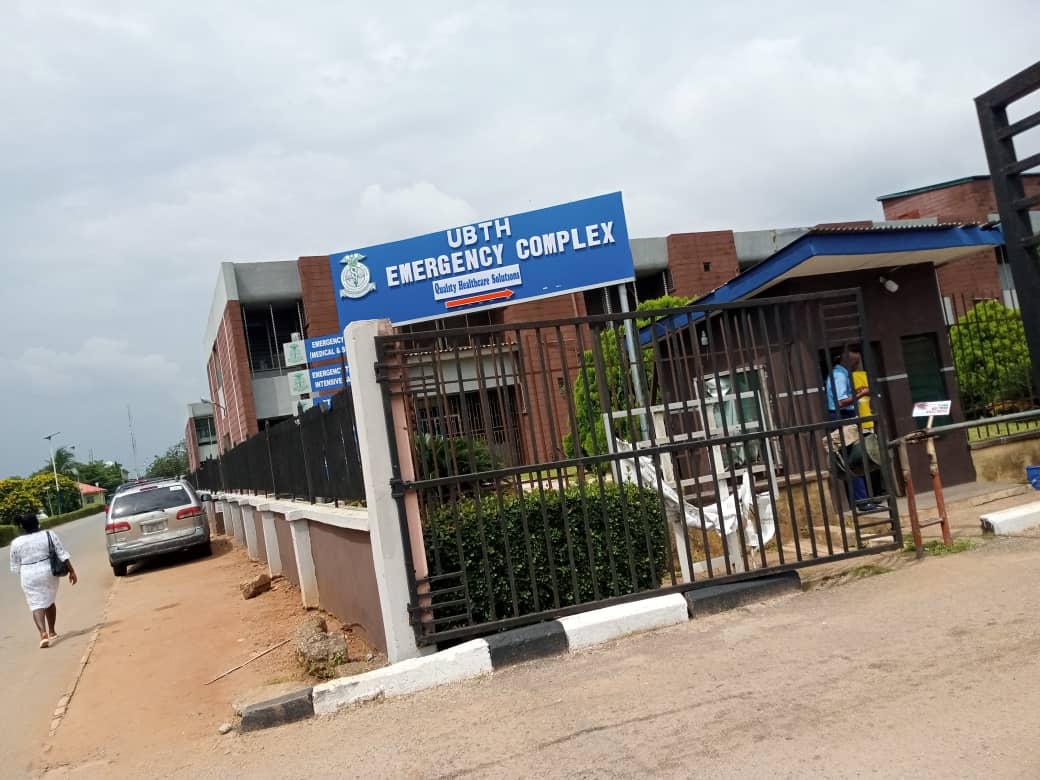
Although there is no laboratory to test for COVID-19 in the hospital, samples are expected to be collected twice, 10am and 3pm, on a daily basis and taken to the nearby laboratory of the University of Benin Teaching Hospital (UBTH).
It was almost 12 noon and the sample collectors were yet to arrive and attend to a waiting first batch. When asked, one of the workers at the hospital said there are days they don’t show up to collect samples because there are not enough personal protective equipment (PPE).
PPE is used by health workers to prevent the transmission of the virus both in treatment centres and laboratories.
Advertisement
“They came around once yesterday, and they had just one helmet, one garment and one goggle,” the worker said.
“As soon as they collected samples from those who were waiting and the collector pulled off the PPE, those who came at the later time for the test were asked to go and return the next day. They barely sacrifice two PPE to run tests on each day here.”
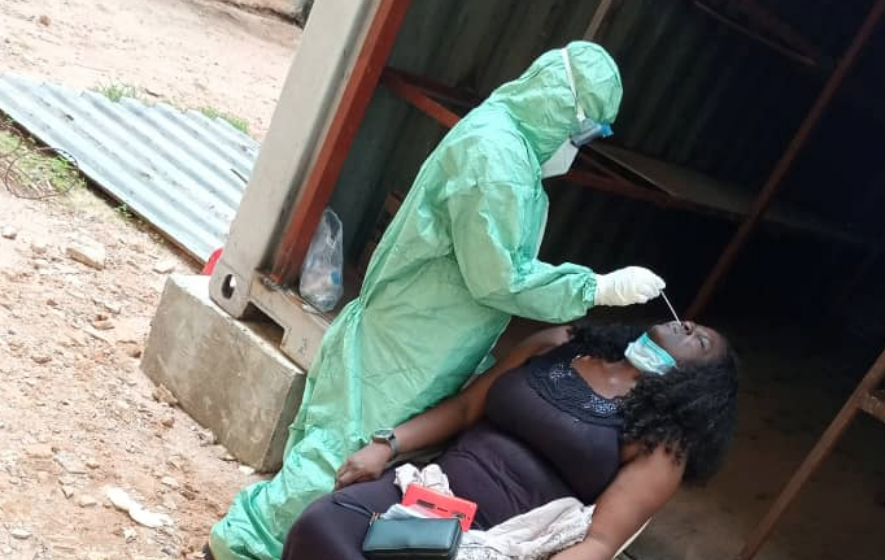
The exercise was yet to commence, and some people had to leave since no one was attending to them. One of the people who had run out of patience, lamented the delay and how his time had been wasted since 8am that he had been there, waiting.
“I don’t even believe this COVID-19 exists. They would have put a notice that we attend to people at a stipulated time rather than wasting someone’s time,” he said, as he made to leave.
Advertisement
In an attempt to appeal to the people waiting, one of the nurses said: “What they wear to do the test can’t be worn for hours, that is why they need to gather enough people before they conduct the test.
“The heat is always much for the laboratory attendants who wear the PPE, and as soon as they are done with the test they throw away the PPE, we also test as many as possible, but it does not reach 100 in a day, depending on how people come.”
Advertisement
At some point, while still waiting, some people had dozed off.
At about 2pm, the laboratory attendants eventually arrived to take samples, but met only five people as many others already left.
Advertisement
THREE TEST CENTRES, INADEQUATE KITS AT UBTH
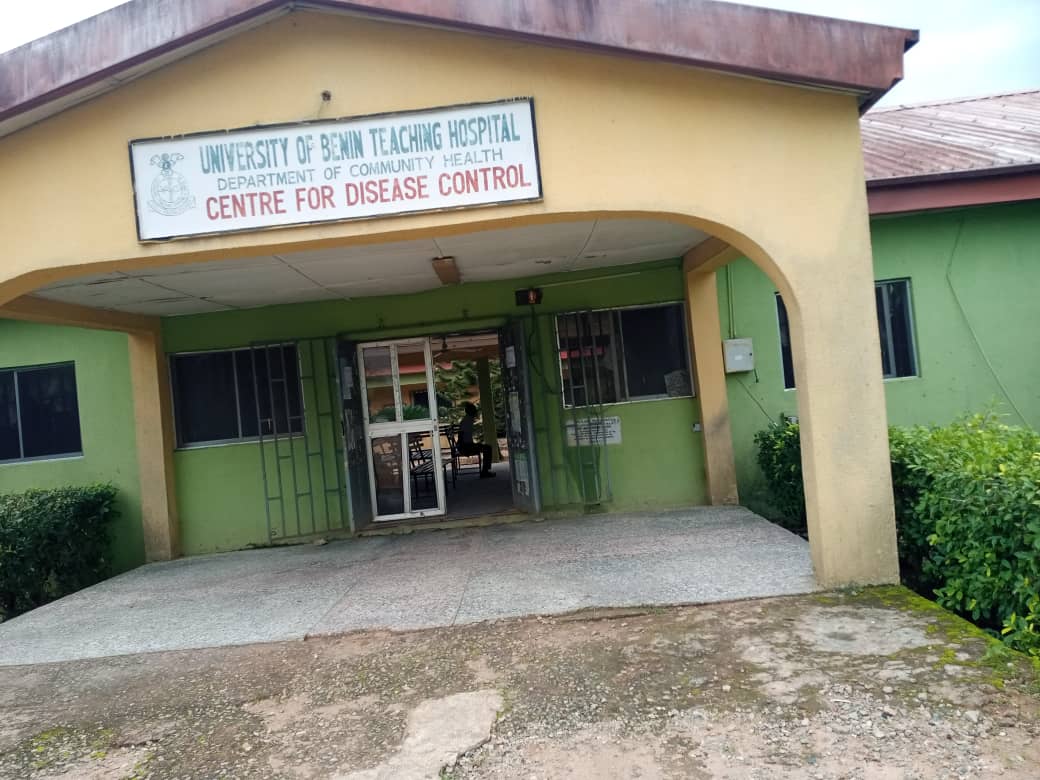
Advertisement
There are three centres at UBTH to test for COVID-19; the UBTH emergency complex, UBTH Centre for Disease Control, and the General Practice Clinic (GPC), but all three have the same complaint; no enough kits.
When TheCable asked the attendant, who came from inside the laboratory, the cause of the delay, he said they didn’t have the kits to carry out the test.
“We only screen people and tell them to come back the next day for the test,” he said.
By screening, he meant particulars of people are collected with a focus on any sign of symptoms. For about 30 minutes, nobody was seen at the Centre for Disease Control, and it did not look like the laboratory had been active in taking samples for COVID-19.
One of the laboratory attendants who later showed up said: “We normally test a minimum of 40 people and maximum of 60 people in a day, but the morale is no longer there as we have not been paid for the past two months. So, nobody cares if tests are done or not.”
He added that the workers were planning to protest over non-payment and lack of kits.
EASIER TO GET TESTED AT IRRUA SPECIALIST TEACHING HOSPITAL
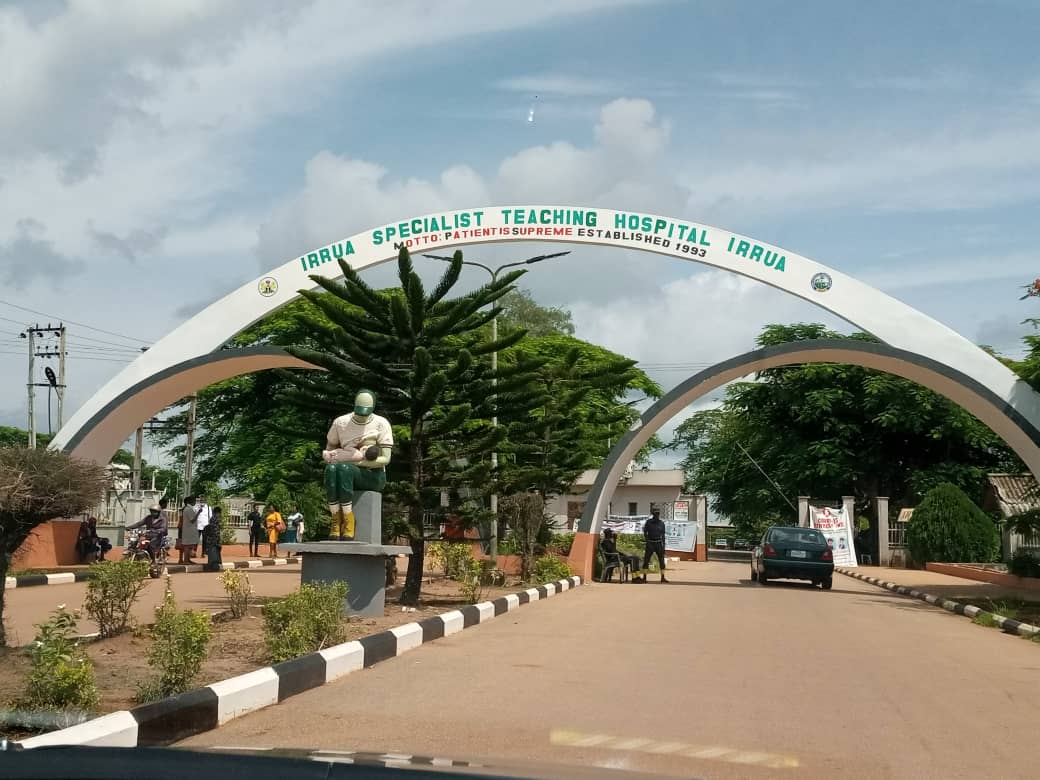
About two hours drive away from Benin is the Irrua Specialist Teaching Hospital. Its laboratory is part of the initial six in the Nigeria Centre for Disease Control (NCDC) molecular laboratory network that had capacity to test and diagnose for COVID-19.
Arriving at the hospital, TheCable’s reporter, whose intention was to get tested, was led to the laboratory that was surrounded by buildings serving as isolation centres for COVID-19 and Lassa fever patients.
“You have to be very careful with your movement around this area,” a doctor coming out of the laboratory advised.
He explained that he had just received the result for one of his patients and it was positive.
It was about 3pm, and an official who seemed to be the head at the laboratory told TheCable reporter that the swab sticks had finished, asking if he could return early the next morning.
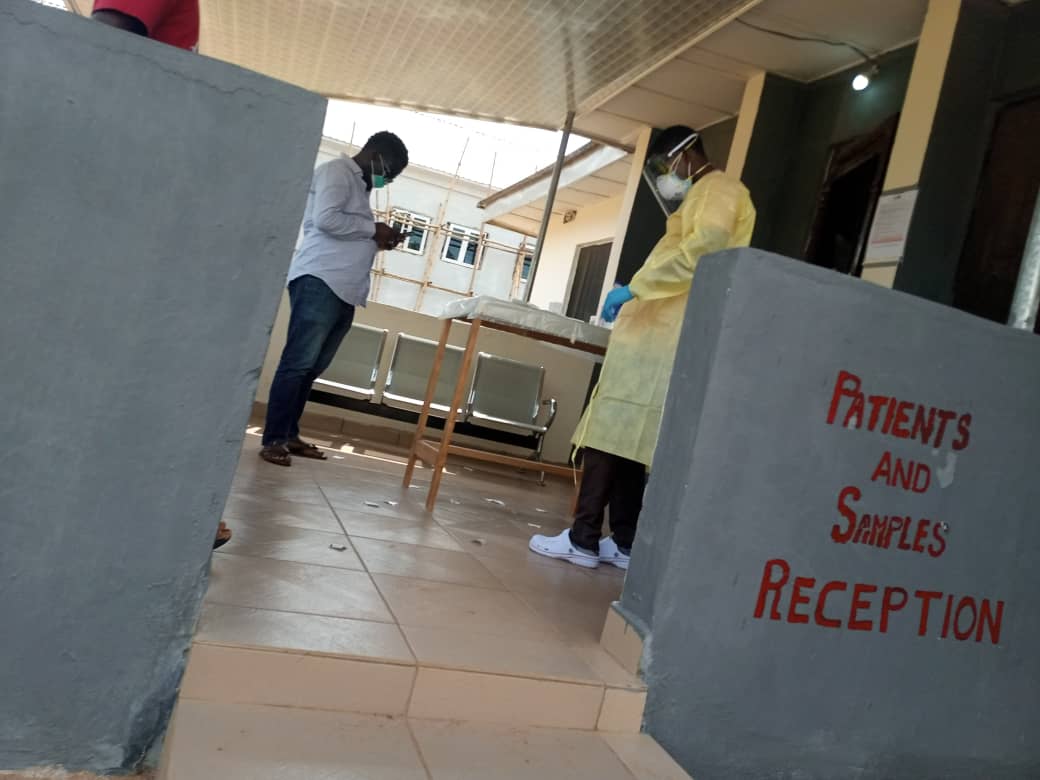
But, as the reporter told him he was bound for Lagos the next day, the official who was highly receptive, called on a colleague to spare what they had reserved for members of their staff. Within five minutes, the samples were already taken and the reporter was given a telephone number to call in three days for his result.
Patients and some residents in Irrua who spoke with TheCable said there is no difficulty in getting tested for COVID-19 at the hospital. And that in fact, while the laboratory is always opened for tests, there are not many people coming in to be tested.
ZERO COMPLIANCE WITH SOCIAL DISTANCING
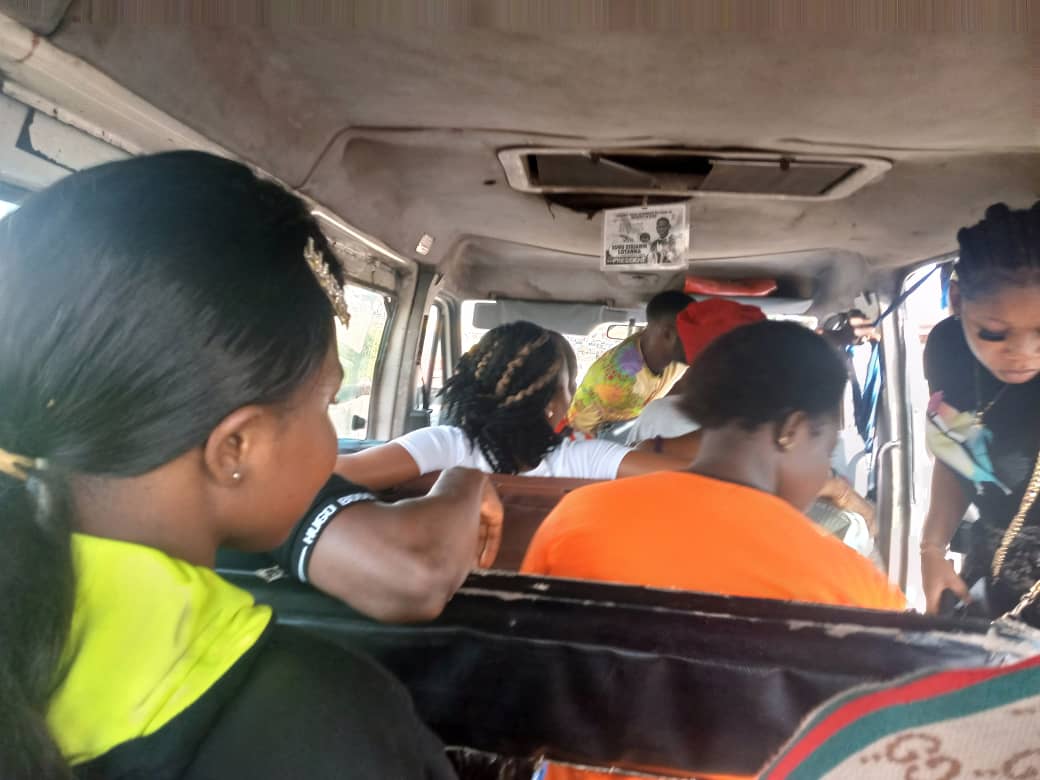
As of July 15, Edo stands as the fourth state with highest number of COVID-19 cases with 1,850 already recorded. Although more than 1,000 patients have been treated and discharged, the state has recorded 60 deaths.
For most residents in the state, these figures do not really mean anything as people move about, violating social distancing regulations put in place to curb the spread of the virus.
Across Benin, pubs and restaurants are opened and more worrying, most people do not wear face masks. Social distancing is also not observed in public transport vehicles as people move about their businesses.
Not less than 200 people were counted at a wedding ceremony which held at a community near Ekpoma when TheCable reporter drove past.
“What is corona? It’s all a lie. Government is using it to make money,” a guest at the wedding told TheCable.
‘IT’S BEEN POOR RESPONSE FROM GOVT’
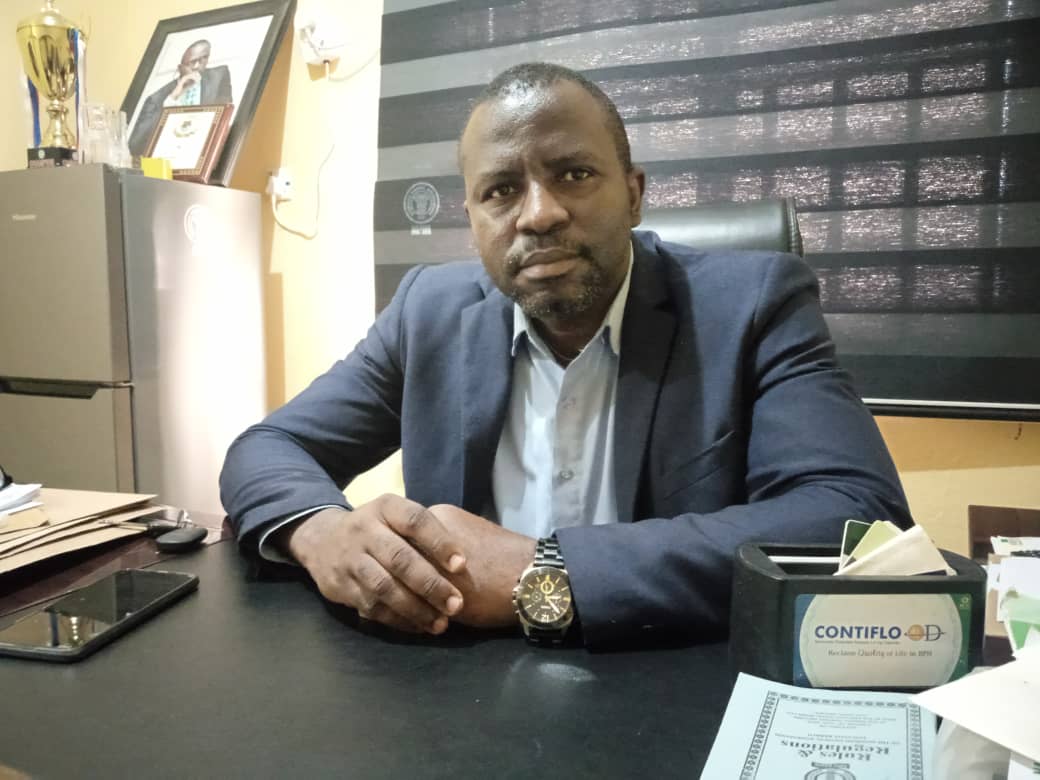
Valentine Omoifo, chairman of the Nigerian Medical Association (NMA), Edo chapter, believes the government has not been responding adequately to the pandemic in the state.
In an interview with TheCable, he explained that the government had previously taken health matters as a joke until the outbreak of COVID-19.
“We’ve always clamoured for improved facilities, good training and all that, but before now the government took it like a joke until COVID-19 came knocking and the pandemic took the world by storm,” he said.
He said the government hurriedly put some structures in place, but had failed to enforce compliance with the set regulations.
“These laws are there but they are not being enforced. People are largely moving about without putting on face masks. From what is happening now in the state, nobody is even using these things anymore, including government officials,” he said.
“This is a political era for us in this state. The politicians have no regard for any of these rules and you see them holding rallies, even those in government presently.
“At a time, markets were shut and market women were moved to secondary schools to create proper monitoring so that those who are not selling essential items won’t come in, but the place still became rowdy, and now they are back in their markets as usual. Take a drive throughout the market in Benin you will see what I’m talking about.”
Raising concerns about health workers, he said they are daily exposed to patients who come around but are mostly asymptomatic, and they are not sure of what insurance is in place for them by the government.
“We also ask for insurance cover. We don’t know what the insurance package is about, but we have demanded for it several times. As it is, some health workers don’t know what their insurance is. These are some of the problems we have in Edo state.”
When contacted on why the regulations are poorly enforced in the state, Chidi Nwabuzor, spokesman of the Edo police command, said: “The commissioner of police recently moved round to ensure people observe the social distancing, and the police are doing their best to make sure people comply with the regulations.”
On his part, Patrick Okundia, Edo commissioner of health, told TheCable that the state has had challenges in its response but it is putting in more efforts to address them.
“On the issue of PPE, we are on top of that. We have also cleared the pending balance of allowance for our health workers,” he added.
This is a special investigative project by Cable Newspaper Journalism Foundation (CNJF) in partnership with TheCable, supported by the MacArthur Foundation. Published materials are not views of the MacArthur Foundation.
Add a comment

